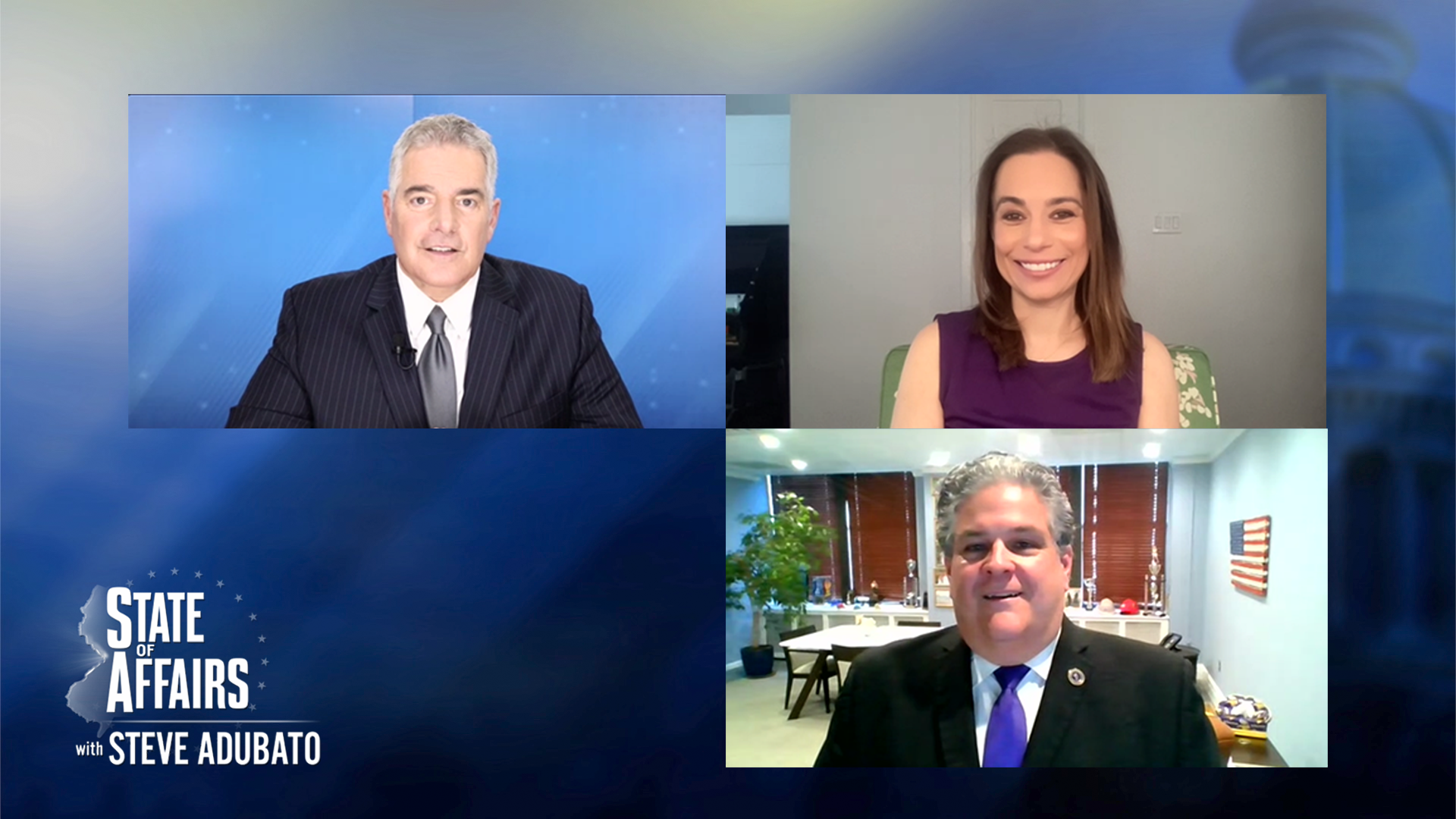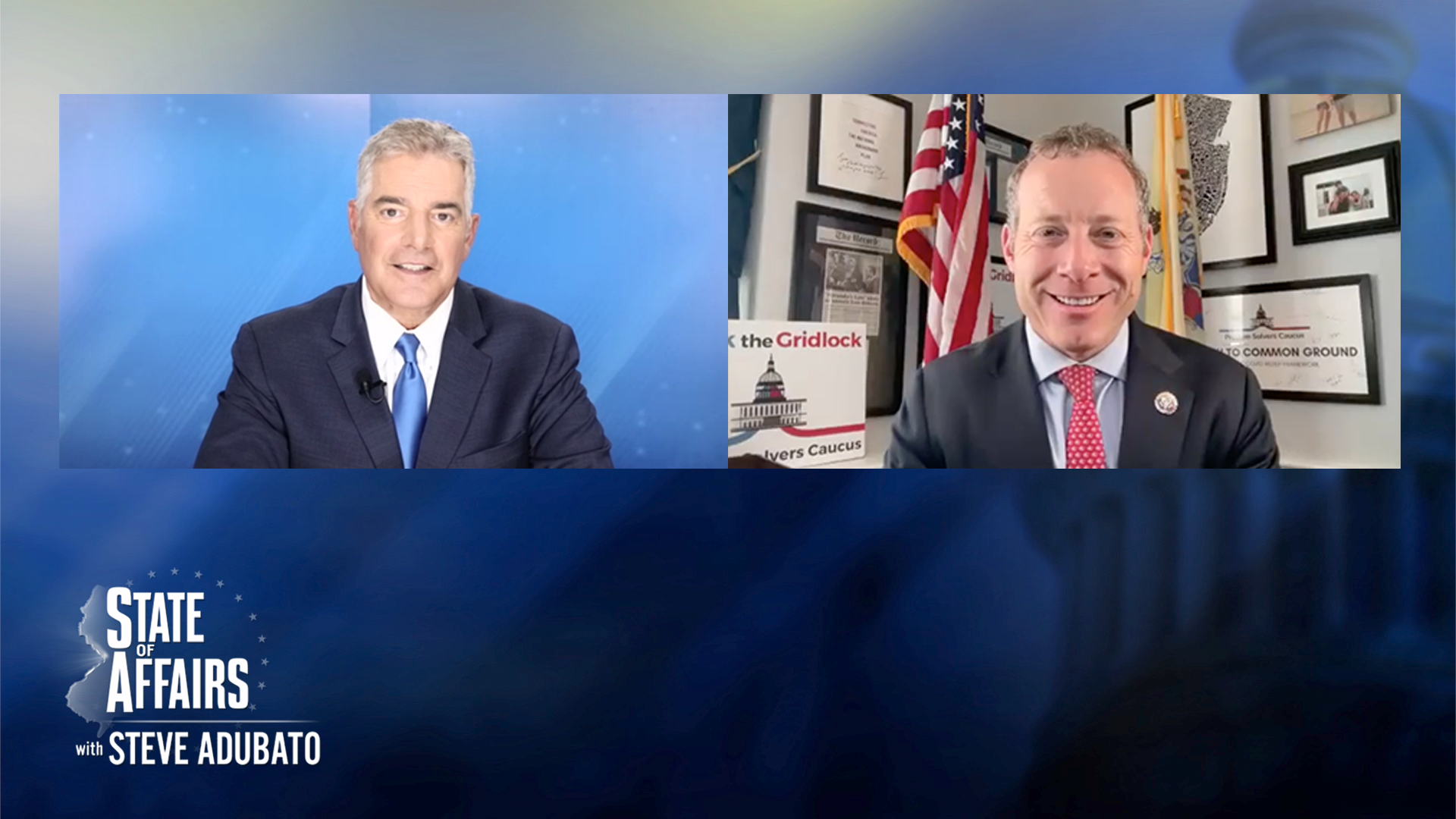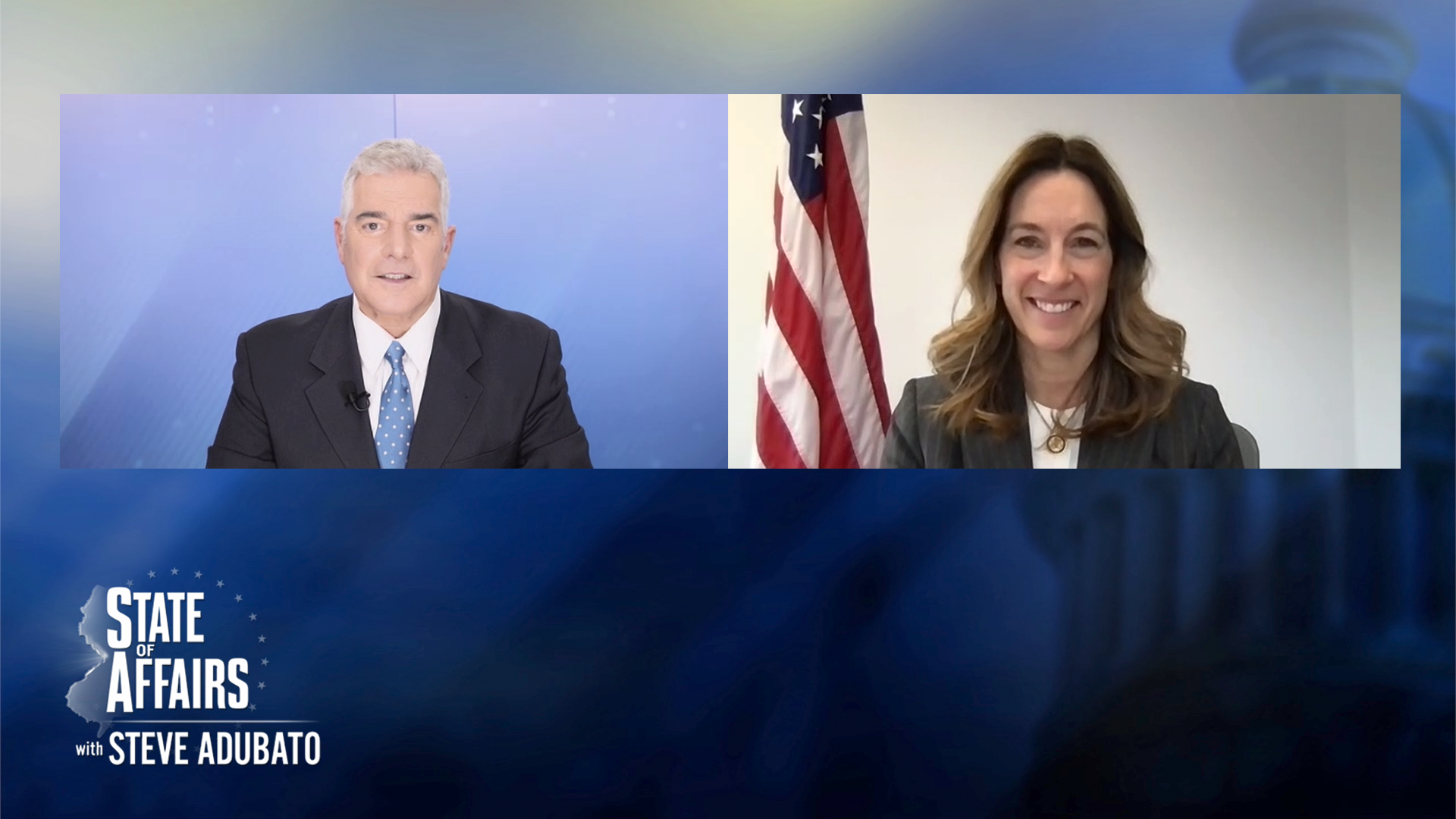The Democratic Party has long been a dominant force in New Jersey politics, but as the political landscape continues to evolve, party strategists are taking a closer look at the future of their party in the Garden State. Insider NJ recently sat down with several Democratic strategists to analyze the challenges and opportunities that lie ahead for the party on the State of Affairs.
One of the key issues discussed was the changing demographics of New Jersey and how it will impact the Democratic Party’s future. As the state becomes more diverse, strategists believe that Democrats need to adapt their messaging and policies to appeal to a broader range of voters. This includes reaching out to minority communities and addressing their specific concerns and needs.
Another important aspect that was highlighted is the role of progressive policies within the Democratic Party. While some strategists argue that embracing progressive ideas is essential to energize the base and attract younger voters, others caution that moving too far to the left could alienate moderate voters and jeopardize the party’s chances in general elections. Finding a balance between progressive ideals and practical governance is seen as crucial for the party’s success.
The strategists also discussed the importance of grassroots organizing and building a strong ground game. They emphasized the need for Democrats to engage with voters at the local level, not just during election cycles but throughout the year. This includes investing in community organizing, voter registration drives, and building relationships with local leaders and organizations. By doing so, Democrats can build a strong foundation of support that will help them win elections in the long run.
Furthermore, the strategists acknowledged the significance of effective communication and messaging. They stressed the need for Democrats to clearly articulate their values and policy positions in a way that resonates with voters. This involves crafting compelling narratives that connect with people’s everyday lives and concerns. It also requires countering Republican messaging effectively and proactively.
The discussion also touched upon the role of money in politics and its influence on the Democratic Party. While some strategists expressed concerns about the influence of big money donors, others argued that fundraising is a necessary evil in order to compete with well-funded Republican candidates. However, there was a consensus that Democrats need to prioritize campaign finance reform and find ways to reduce the influence of money in politics.
In conclusion, the future of the Democratic Party in New Jersey relies on its ability to adapt to changing demographics, embrace progressive policies while maintaining broad appeal, invest in grassroots organizing, effectively communicate their message, and address the influence of money in politics. By addressing these challenges head-on, the party can position itself for success in future elections and continue to be a dominant force in New Jersey politics.




